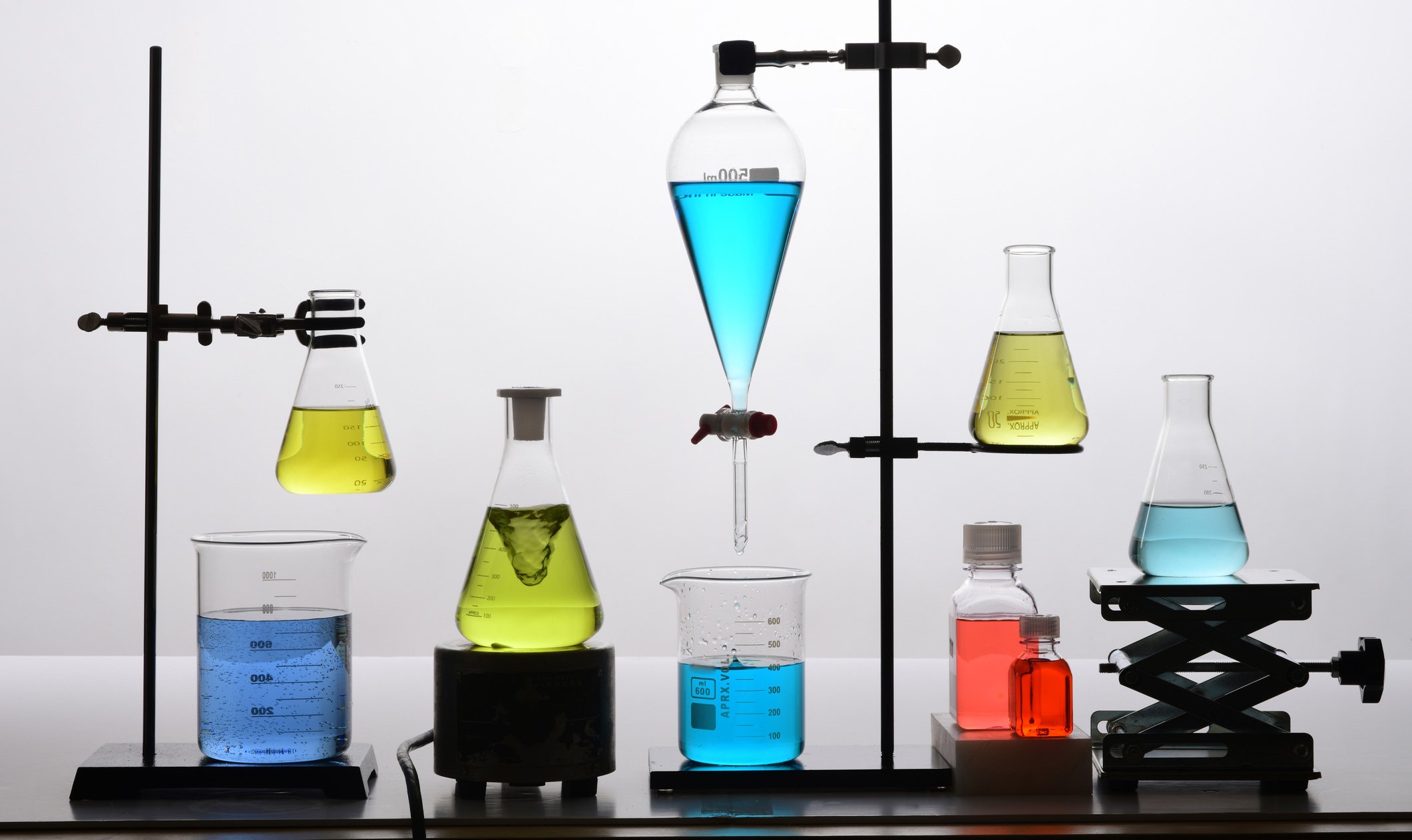Maintaining a clean and hygienic environment is crucial for any commercial kitchen. To ensure the highest standards of cleanliness, it is essential to use the right cleaning chemicals. In this article, we will explore the top 10 cleaning chemicals that are commonly used in commercial kitchens. These chemicals are carefully selected to effectively remove grease, grime, and bacteria, ensuring a safe and sanitary food preparation area.
- Degreasers:
Degreasers are powerful cleaning agents designed to remove stubborn grease and oil buildup from kitchen surfaces. They are available in various forms, including liquid, foam, and spray. Degreasers are typically used on stovetops, ovens, grills, and exhaust hoods. - Sanitizers:
Sanitizers are essential for killing bacteria and other harmful microorganisms. They are commonly used on countertops, cutting boards, utensils, and other food contact surfaces. Look for sanitizers that are approved by regulatory authorities and follow the recommended contact time for effective disinfection. - Dishwashing Detergents:
Commercial kitchens generate a significant amount of dirty dishes, utensils, and cookware. Dishwashing detergents are formulated to remove tough food residues and grease. Choose a detergent that is suitable for your specific dishwasher type and consider using one with a built-in sanitizer for added protection. - Oven Cleaners:
Ovens can accumulate layers of baked-on grease and food particles over time. Oven cleaners are specifically designed to dissolve and remove these stubborn deposits. It is important to follow the manufacturer's instructions and ensure proper ventilation when using oven cleaners. - Stainless Steel Cleaners:
Stainless steel surfaces are commonly found in commercial kitchens due to their durability and resistance to corrosion. Stainless steel cleaners help remove fingerprints, smudges, and stains while leaving a protective layer to prevent future damage. Choose a cleaner that is non-abrasive to avoid scratching the surface. - Floor Cleaners:
Maintaining clean and slip-resistant floors is crucial in a commercial kitchen. Floor cleaners are formulated to remove grease, dirt, and food spills while maintaining the floor's integrity. Look for cleaners that are suitable for your specific flooring material, whether it's tile, vinyl, or concrete. - Drain Cleaners:
Clogged drains can lead to unpleasant odors and potential health hazards. Drain cleaners are used to dissolve organic matter, grease, and other debris that can accumulate in kitchen drains. It is important to choose a drain cleaner that is safe for your plumbing system and follow the instructions carefully. - Glass Cleaners:
Glass surfaces, such as windows and display cases, require specialized cleaners to ensure streak-free results. Glass cleaners are formulated to remove fingerprints, smudges, and dirt without leaving any residue. Look for ammonia-free cleaners to avoid damage to tinted or coated glass surfaces. - All-Purpose Cleaners:
All-purpose cleaners are versatile and can be used on a wide range of surfaces in the kitchen, including countertops, walls, and appliances. They are designed to remove grease, grime, and stains effectively. Choose a cleaner that is suitable for your specific surface and follow the recommended dilution ratios. - Descalers:
Hard water can cause mineral deposits to build up on kitchen equipment, such as coffee machines, steamers, and dishwashers. Descalers are used to dissolve and remove these mineral deposits, ensuring optimal performance and prolonging the lifespan of the equipment. Follow the manufacturer's instructions and ensure proper rinsing after descaling.
Conclusion:
Maintaining a clean and sanitary commercial kitchen is essential for the health and safety of both employees and customers. By utilizing the top 10 cleaning chemicals mentioned above, you can effectively remove grease, grime, and bacteria from various surfaces, ensuring a hygienic food preparation area. Remember to always follow the manufacturer's instructions and consider consulting with professionals to ensure the proper use and application of these cleaning chemicals.


